Review
The Spring Sustainability Academy on the topic "What is sustainable agriculture?" took place from March 27 to 30, 2023. Around 170 students explored sustainable agriculture. Workshops, field trips, lectures and a panel discussion offered different perspectives on our agricultural and food system.
Do algae belong on our plates? Can Big Data make agriculture more sustainable? What does sustainability mean for people who work in agriculture? Do photovoltaic systems make sense in the field? These and other questions were addressed at the Spring Sustainability Academy at KIT. The annual project week took place from March 27 to 30, 2023, this time focusing on "What is sustainable agriculture?"
Students of all disciplines and guest students gained insights into the broad spectrum of sustainable agriculture in more than 30 workshops and 20 excursions from the topics of nutrition and consumption, land use, or bioeconomy. The excursions took them out into the field and into the greenhouse to see what the day-to-day work of farmers and researchers is like. In addition to the workshops, this direct exchange with practitioners in particular made it clear what diverse challenges agriculture faces: it is both a contributor to and a victim of climate change and biodiversity loss. It must use resources such as nutrients and water more efficiently in the future. And in all of this, it must not lose sight of the demands of consumers. The students gained insights into different approaches to solving these tasks.
Many interested Karlsruhe residents also took advantage of the opportunity this year and participated in the public parts of the project week: the kick-off was given on March 27, 2023 by Prof. Dr. Dr. Urs Niggli with his public keynote on the topic "Sustainably feeding the world: Facts, Conflicting Goals and Strategies for Solutions." Niggli, who is considered one of the thought leaders of organic agriculture, discussed in his lecture the question of how productivity and sustainability can be combined. In doing so, he introduced the concept of agroecology. This bridges the gap between farmers' knowledge and modern science and involves consumers in the transformation of agriculture and nutrition.
The subsequent Sustainability Forum offered all interested parties time and space for a relaxed exchange with research institutions, companies and initiatives from the Karlsruhe region.
The public panel discussion on "The Future of Agriculture - Between Productivity and Sustainability" with representatives from politics, science and practice provided a summary of the complex main topic. The questions and contributions that followed came from students, researchers and interested parties alike and, at the end of the project week, made it impressively clear that agriculture is a topic that is vital and directly affects us all.
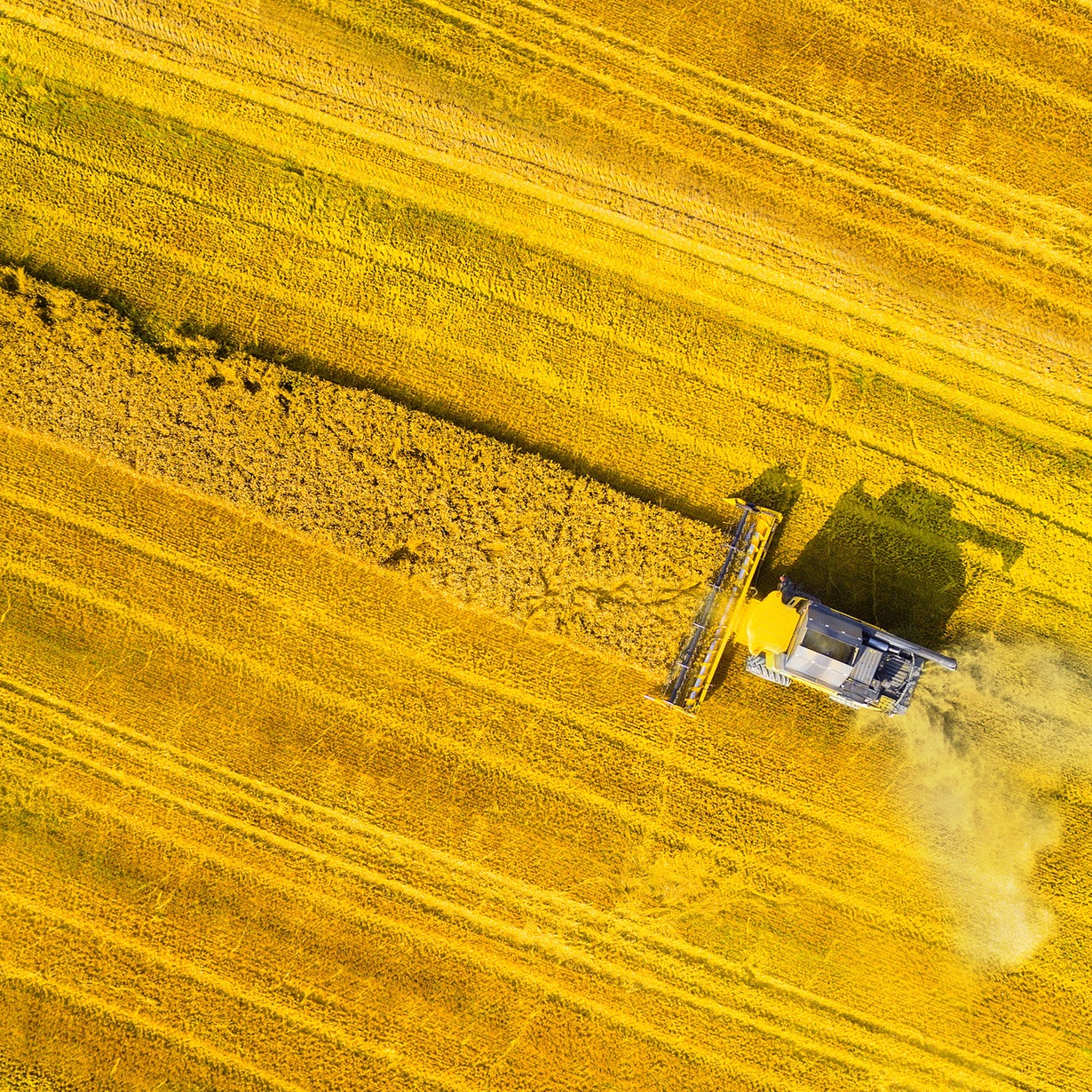
Video recordings of the keynote as well as the panel discussion can be found on our ZAK-YouTube-Channel
link
Impressions from workshops, excursions as well as the keynote, the sustainability forum and the panel discussion
linkÜbersicht
- Programm
- Öffentliche Keynote-Speech
- Forum Nachhaltigkeit
- Workshops
- Exkursionen
- Podiumsdiskussion
Programm
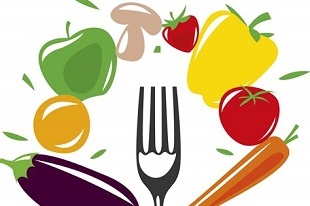
What and how do we want to eat in the future? With old varieties back to the roots - or will insects, algae and laboratory meat soon be on our plates? And what different does fair chocolate make?
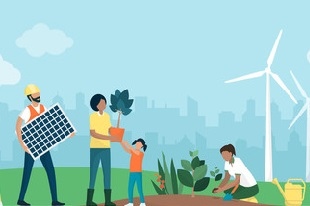
How does our society shape agriculture? This includes (international) politics, ethical aspects and the professional field of today's farmers.
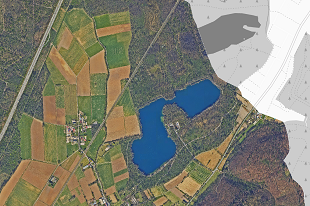
Subjects in this category are about, land use conflicts and possible synergies, including e.g. agri-photovoltaics and nature conservation.
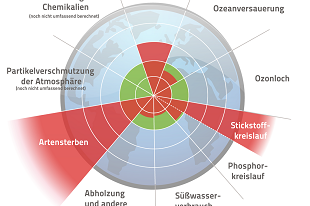
Climate change, species extinction, water shortages, nutrient crises: all these are challenges for agriculture. But resignation is not an option - in this theme block, many large and small projects are presented that contribute to making food production and cultural landscapes resilient and sustainable.
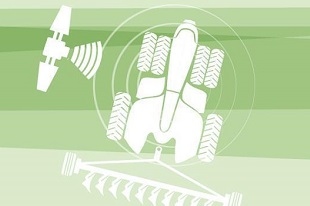
Researchers are working intensively on technological solutions for agriculture. Where and how can this make agriculture more sustainable? How can big data contribute to more efficient irrigation? Are agricultural residues suitable for fuel production? And what can CRISPR/Cas gene scissors achieve in plant breeding? The students will also deal with the technology impact assessment of digitalization in agriculture in this block.
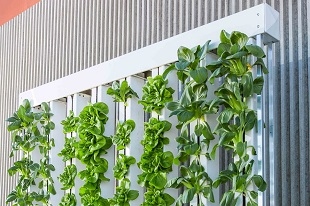
The use of scientific knowledge in practice can pose numerous challenges. In this block, there are many excursions out into the field and into the barn to see what the everyday work of farmers and researchers looks like and what challenges they face.
Liste Workshops
- Zwei Tiere, viele Herausforderungen (Teil 1: Runde Kuh - das Kartenspiel zur Agrarwende
Teil 2: Was macht Finnland bei der Schweinehaltung anders?), Katharina Jakob, Riffreporter - Das Klima Puzzle – ein wissenschaftlicher, kooperativer und kreativer Workshop, um das Klimasystem zu verstehen, Dr. Aude Pélisson-Schecker, climate fresk
- Über Nachhaltigkeit sprechen, nachhaltig handeln – ein Blick auf die Akteursperspektive in der Landwirtschaft in Gegenwart und Vergangenheit, Dr. Judith Schmidt, LVR-Institut für Landeskunde und Regionalgeschichte
- Faire Schokolade – verstehen, probieren und handeln!, Dr. Birgit Hoinle / Raquel Cayapa, Universität Hohenheim / Kallari Kooperative
- Kommunen gestalten – Planspiel zur Nährstoffwende, Hannah Wiemers, Zirkulier.bar / HNE Eberswalde
- Biozyklisch-veganer Anbau: vegan vom Feld bis zum Teller, Anja Bonzheim, Veganer Ökolandbau
- Kognitionen bei Tieren: Ein philosophischer Überblick mit ethischer Tragweite für die Perspektive einer nachhaltigen Viehwirtschaft, Desirée Martin, KIT / ITAS
- Agri-Photovoltaik – Chance für Landwirtschaft und Energiewende? / Agrivoltaics: Opportunity for Agriculture and the energy transition? (Deutsch + English), Dr. Daniel Ketzer (SO) / Christina Benighaus (ITAS) / Jürgen Kopfmüller (ITAS) / Markus Winkelmann (ITAS), KIT /Sustainability Office & ITAS
- A simulation Framework for Terrestrial Ecosystem Models: Calibration, Validation, and Application of LandscapeDNDC for Simulating Sustainable Livestock Production System in sub-Saharan Africa, Dr. Jaber Rahimi, KIT/IMK-IFU
- Von der globalen zur regionalen Skala: Wie uns der Klimawandel betrifft, Dr. Hans Schipper, KIT / Süddeutsches Klimabüro
- Die molekulare Schere CRISPR/Cas für eine nachhaltigere Landwirtschaft: Rettung oder Risiko?, Prof. Dr. Holger Puchta, KIT-Botanik
- Kombi-Workshop „Innovative Technologien“: (1) Innovation und Landwirtschaft – Wie können Emerging Technologies Nachhaltigkeit in der Landwirtschaft fördern? (2) Smarte Bewässerung: Bodenfeuchtesensoren für nachhaltiges Wassermanagement in der Landwirtschaft, Lorenzo Di Leo / Prof. Dr. Norbert Willenbacher / Prof. Dr. Christof Hübner, Safran Matters / KIT / Truebner GmbH
- Das Potenzial von Mikroalgen in der Landwirtschaft – Chancen, Risiken, Visionen, Sebastian Weickert, Universität Hohenheim
- Nachhaltige Intensivierung: Integrierte ländliche und urbane landwirtschaftliche Systeme / Sustainable intensification: Integrated rural and urban agricultural systems (Deutsch + English), Dr. Bastian Winkler, Geco Gardens
- Wasser in der Landwirtschaft - Klimawandel, Wasserhaushalt und Biodiversität, Dr. Sibylle und Uwe Heidenreich, Büro für Umweltstudien und Kultur
- Aufforstung als nachhaltige Folgenutzung brachliegender Landwirtschaftsflächen? Eine kritische Betrachtung der Umweltauswirkungen der Forstwirtschaft in Chile, Danny Tröger, Universität Kassel
- In-vitro-Fleisch als Beitrag für eine nachhaltige Ernährungswende?, Dr. Arianna Ferrari
- Increasing the resilience of agriculture by Organic Farming?, Dr. Sabine Zikeli, Öko-Zentrum der Universität Hohenheim
- Biodiversität und Klimaschutz in der Landwirtschaft – (k)ein Widerspruch?!, Dr. Isabelle Heinisch / Milena Linde / Tobias Pape, Landsiedlung Baden-Württemberg GmbH / grünweg
- Mehr Nachhaltigkeit durch die Digitalisierung der Landwirtschaft, Dr. Christine Rösch, KIT / ITAS
- Zukunftstrends in der Nahrungsmittelproduktion und Landwirtschaft, Dr. Ewa Dönitz, Fraunhofer ISI
Exkursionen
Die Eindrücke und Erfahrungen aus den Exkursionen sind stets eine große Bereicherung in unserem Programm. In 19 Exkursionen an zwei Tagen konnten die Studierenden Einblick in die Praxis erhalten: beispielsweise in Form einer Begehung von Versuchsflächen, Aufbauten, Wirtschaftsbetrieben mit Erläuterungen und anschließender Diskussion.
- Zukunftsraum für Nachhaltigkeit und Wissenschaft Karlsruhe, ITAS/KARLA
- Melder Hofladen und Landwirtschaft / BiodivNetz BW – Wie lassen sich das System der Regenerativen Landwirtschaft mit der Erhaltung der Biodiversität vereinen?, Netzwerk von Demobetrieben zur Förderung der biologischen Vielfalt (BiodivNetz BW)
- Alte Sorten, Insekten und Zucker-Fett-Salz-Reduktion – was hat Ernährung mit „Nachhaltigkeit“ zu tun?, Max-Rubner-Institut
- Vom All aufs Feld – Wie Satellitendaten zu einer nachhaltigeren Bewässerung in der Landwirtschaft beitragen können, heliopas.ai
- Ein Blick auf den Acker: Vorstellung von Feldversuchen zu aktuellen Fragen der Nachhaltigen Landwirtschaft, LTZ Augustenberg
- Das Gartenpaten-Netzwerk - Urbane Gartenpraxis und Potentiale nachhaltiger Quartiersarbeit, Urbane Gärten gGmbH
- Das Korn im Brot: Besichtigung eines landwirtschaftlichen Betriebes mit Fokus auf den Anbau von Speisegetreide, Ratzel Landwirtschaft, Kraichgau Korn
- Bäume braucht das Land: Agroforst als Anpassungsmaßnahme der Landwirtschaft an den Klimawandel / Trees on the fields: Agroforestry systems for adaptation of agriculture to climate change (Deutsch + English), LTZ Augustenberg
- Streifen für die Artenvielfalt – Wie kommunale Grünflächen Insekten retten (können), Merkle & Partner Biodiversitätsmanagement
- Nutzungsansprüche an Auen, Naturschutzzentrum Rappenwört
- Ökologischer Anbau als Rehabilitations- und Arbeitsplatzangebot für Menschen mit Handicap - ein Einblick in den Arbeitsalltag, HWK Gärtnerei
- Die Saatgutbibliothek Karlsruhe in der Stadtbibliothek, Stadtbibliothek Karlsruhe
- Lebensraum Streuobstwiese - Von der landwirtschaftlichen Kultur zum Hotspot der Artenvielfalt, Streuobstinitiative
- Biodiversität in Karlsruhe am Beispiel Grötzingen, Umweltamt Karlsruhe
- Nachhaltige Kraftstoffe aus erneuerbaren Rohstoffen und Energiequellen, KIT bioliq Pilotanlage
- Solidarische Landwirtschaft - Ökologisch Wirtschaften und solidarisch Handeln, SoLaWi KArotte e.V.
- Landwirtschaft 4.0 – sensor- und geodatenbasierte Verfahren für eine teilflächenspezifische Bestandsführung, Hofgut Maxau
- Vertical Farming – the future of sustainable agriculture?, Vertical Farming Tech
- Nachhaltige Landwirtschaft – Herausforderungen und Lösungswege eines Landmaschinenherstellers, John Deere Werke Bruchsal
